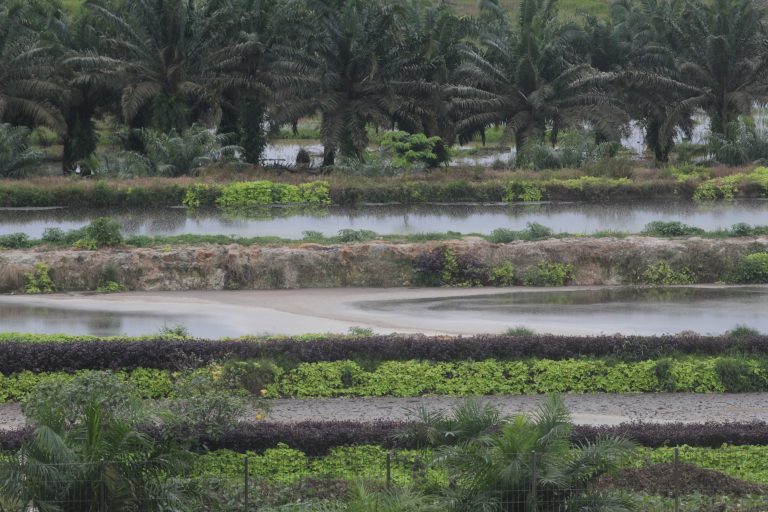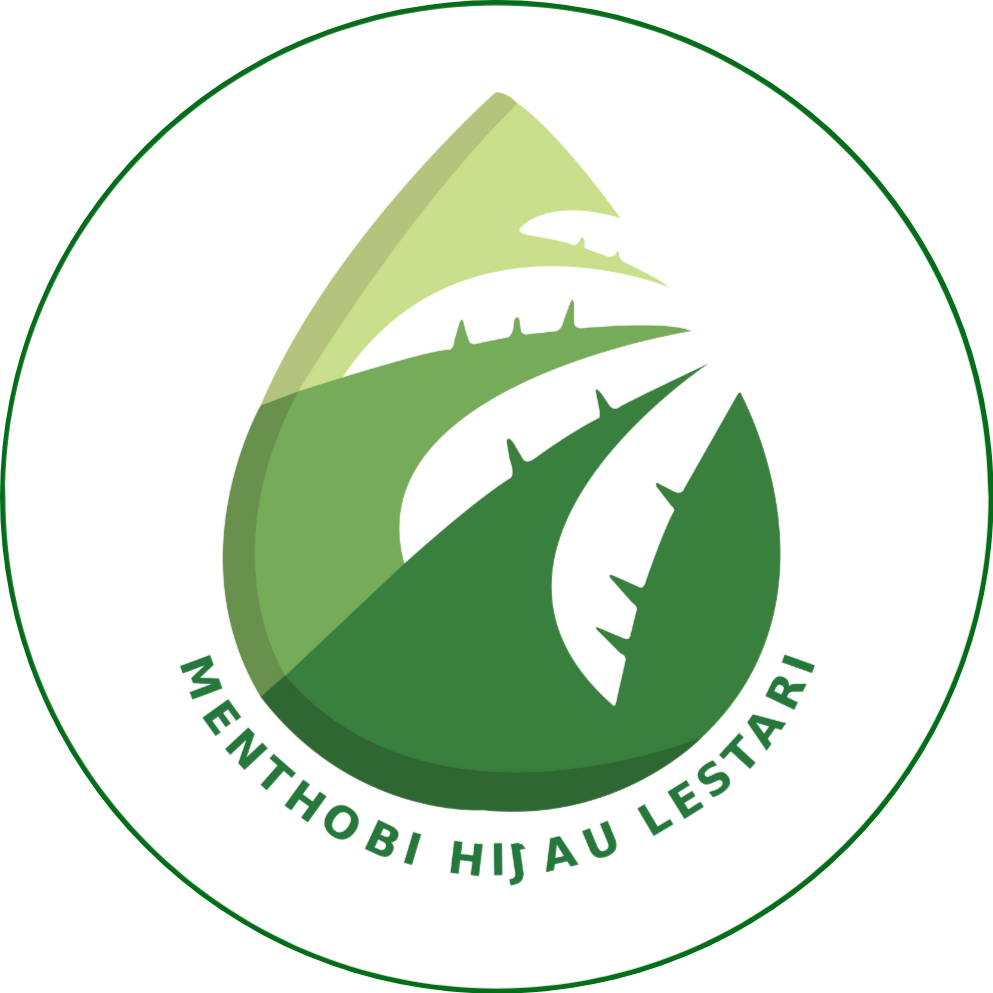
Indonesia, as the world’s largest palm oil producer, is facing a major challenge in balancing economic growth and environmental sustainability. One strategy being developed by the government is to utilize palm oil waste as a new resource, which not only reduces environmental impact but can also boost the economy, particularly in the renewable energy sector.
One of the leading companies in palm oil waste processing is PT Menthobi Hijau Lestari (MHL). MHL, under the brand GreenGrow, utilizes palm oil industry waste, such as empty fruit bunches (EFB), to produce solid organic fertilizer, primarily in granule form, as well as liquid organic fertilizer.
As a pioneer in this sector, MHL not only supports sustainability but also plays an important role in creating environmentally friendly solutions for the agriculture and renewable energy sectors.
The practice of processing palm oil waste, including empty fruit bunches (EFB), has been innovatively carried out by PT Menthobi Hijau Lestari (MHL). MHL processes EFB into solid and liquid organic fertilizer under the GreenGrow brand. GreenGrow products are pioneers in granular organic fertilizer, made from raw materials derived from the palm oil industry waste.
By transforming EFB, once considered waste, into high-value products, MHL not only reduces its environmental footprint but also provides an eco-friendly solution for agriculture. This organic fertilizer helps enhance soil fertility and crop productivity, making GreenGrow one of the leading products in supporting sustainable agricultural practices in Indonesia.
In addition, MHL offers consulting services related to renewable energy and industrial waste processing and is engaged in biofuel trading. Through its various innovative solutions, MHL and GreenGrow play an important role in the transformation of the palm oil industry toward greater sustainability and environmental responsibility.
In the palm oil industry, waste is often seen as a problem to be solved. However, with the right approach, this waste can become a highly valuable resource.
According to InfoSAWIT, Coordinating Minister for Economic Affairs Airlangga Hartarto stated in an international conference that palm oil waste, such as empty fruit bunches, tree trunks, liquid waste, and especially palm kernel shells, holds significant potential as renewable energy fuel.
One of the most prominent examples is palm kernel shells. This waste material has an energy content comparable to low-grade coal. With palm kernel shell production reaching 13.4 million tons per year, Indonesia has a substantial opportunity to reduce dependence on fossil fuels and transition to more environmentally friendly energy sources.
In fact, this potential is already being utilized as boiler fuel in palm oil mills and is being explored for co-firing with coal in power plants.
By processing empty fruit bunches (EFB), once considered waste, into high-value products, MHL not only reduces its environmental footprint but also provides an eco-friendly solution for agriculture. This organic fertilizer helps improve soil fertility and crop productivity, positioning GreenGrow as a leading product supporting sustainable agricultural practices in Indonesia.
In addition, MHL offers consulting services related to renewable energy and industrial waste processing and is involved in biofuel trading. With its array of innovative solutions, MHL and GreenGrow play a crucial role in transforming the palm oil industry toward greater sustainability and environmental responsibility.
Not only palm kernel shells, but used cooking oil (UCO) has also become a type of waste with high economic value. In 2023, Indonesia produced 3.9 million tons of used cooking oil, which is now being used as sustainable aviation fuel. This initiative not only helps reduce domestic waste but also strengthens Indonesia’s position in the global green energy market.
The government is even considering new raw materials from palm oil waste for the Carbon Offsetting and Reduction Scheme for International Aviation (CORSIA) to meet the demand for international aviation fuel. This is a significant breakthrough that could positively impact a greener air transportation sector.
In addition to positive environmental impacts, utilizing palm oil waste also brings economic opportunities, especially in rural areas. Investment in this practice has the potential to create new jobs and increase income for small farmers and communities around palm oil plantations.
Waste that was once considered useless is now a valuable resource that can support the local economy.
To realize all these potentials, Coordinating Minister Airlangga Hartarto emphasizes the importance of strong policy support. The Indonesian government needs to encourage more investment in research and innovation to develop technologies that support palm oil waste utilization.
Additionally, collaboration between the government, private sector, and academia is essential to ensure that these sustainable practices can continue to evolve and provide greater benefits for the economy and the environment.
For more information about our products and services, contact us for a free consultation here.
Author :

PT. MENTHOBI HIJAU LESTARI
Office
Jl. Otista Raya No.80, Gedung Wisma Maktour Lantai 4
Jakarta Timur
Site
Jl. Trans Kalimantan km 11,
Desa Kujan, Kabupaten Lamandau
Kalimantan Tengah
admin@mhl.co.id
+62 811 1015 767